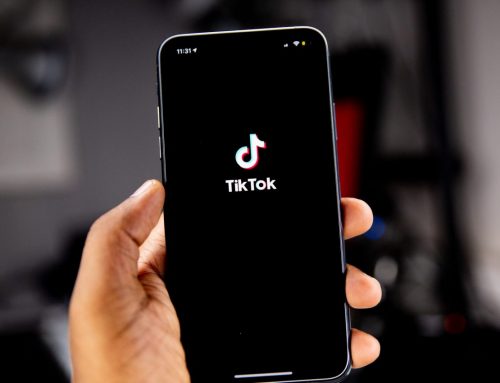There are a lot of tips online about search engine optimization (SEO). Some of it is good and can help you get started, but some are simply bad, and determining which is which can be difficult. Unfortunately, bad SEO advice has sprouted myths and misconceptions that can sometimes be difficult to spot. These myths can often be a minor factor in SEO that gets blown far out of proportion. They can also be old advice that is out of date and no longer relevant. It may have worked well a year ago, but it no longer works because search engines are always changing and evolving.
If you make good content, you do not need to worry about SEO
Content marketing is extremely important to SEO, and the content can help you rank for new keywords. While pages in your Google search results have great content, that is not the sole reason that the page is ranking high. You still need to put in the work to optimize your content.
You have to match exact keywords
This used to be true, but Google’s Algorithm has evolved and no longer needs to have exact keywords matching. You can now write naturally without forcing in awkward keyword matches. This allows you to write better quality content too, which is essential.
PPC will help your rankings
This myth says that if you have pay-per-click (PPC) advertising, Google will favor your site in organic search results. This myth is entirely false.
The algorithm Google uses for ranking search results is separate from the algorithm that is used to place PPC ads. However, if you are working on your SEO at the same time you are running a PPC campaign, you might see an increase in your traffic and rankings, but that is a correlation, not causation.
Duplicate content
This myth states that if you have content that is on your website and it is duplicated on another website, you will be penalized for it. We have all seen this; you Google something and in the results are two separate websites with the same article.
Google usually determines that the page with the original copy is the most relevant, so the algorithm may then filter out the page with the duplicate content, moving it further down the list.
Google’s algorithm changes too often to keep up
Google does update their algorithm often, but usually, the changes are small tweaks and bug fixes. You might see panicked posts on social media that there has been an algorithm update, but a lot of the time, the updates are minute, and people are overreacting. They only make large updates a few times a year, and they usually announce them beforehand. You can keep up with the algorithm and your SEO; Google will not change everything overnight and make all of your previous SEO work pointless.
Data from Google Analytics is used in rankings
When a business owner looks at their Google Analytics reports, they may worry that having a high bounce rate or people are spending too little time on their pages, that Google will think the site is low quality. The myth is that the data from a Google Analytics account is being used by Google to determine your search rankings. This is an old myth that has been debunked by Google multiple times.
Including analytics in your rankings would overly complicate Google’s algorithm for search results and could make it more difficult to rank higher. You can look at this myth as yet another correlation vs. causation.
Domain age is factored into ranking
This is another correlation, not causation myth. This myth claims that a website that has been around for a long time and has a good ranking, age has to be the cause.
Google has busted this myth several times. If your website has been around for five years and is in the top rankings, it is probably because the site is doing a good job with their SEO. A new site will take some time to get itself up in the rankings, so people think old is favored.
The apps can do the work for you
Yoast is an extremely helpful WordPress plugin to help you with some SEO, but it does not optimize your pages for you. When you add content to a page, Yoast will tell you how you did with your keyphrase use, if you have already used it, and other things along these lines. The tool does not tell you if your chosen keyphrase is weak or has too much unrelated content. Think of Yoast like a spell checker — you finish writing, and it points out some of the issues and inconsistencies, but you still have to put in the work to get to that point.
Social media and SEO are not linked
SEO and social media are related. Think about it; when you Google a business, their social media accounts are in the search results alongside their website, Google Business page, and more. Having an active social media account will help with your SEO.
Link building is not important for SEO anymore
Link building has evolved over the years, but it is still crucial to your SEO. Links are a key part of how Google decides to rank you in the search results.
Getting good backlinks is time-consuming, but it is a vital part of any SEO strategy.
Conclusion
If you have been following one of these myths, it is not too late to change your SEO strategy to work around them. Getting help from certified professionals is the best way to correct and sharpen your SEO strategy. Seattle Public Relations can help you get out of these myths and get you on track to ranking better. Contact Seattle Public Relations to get started today!








Leave A Comment